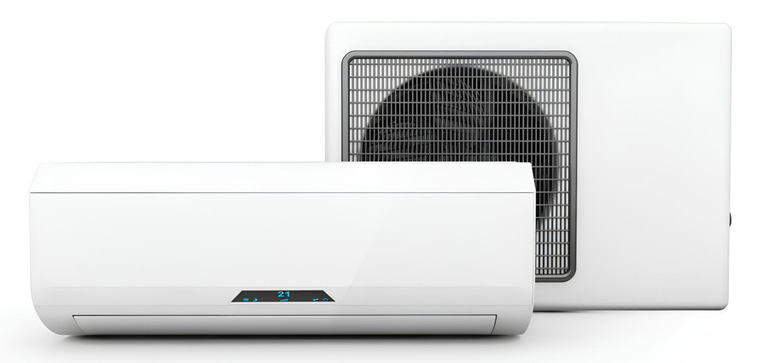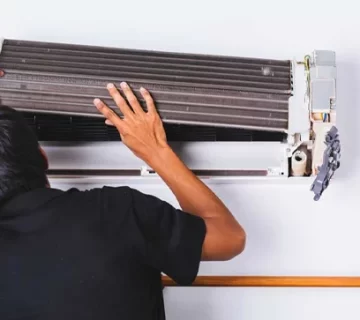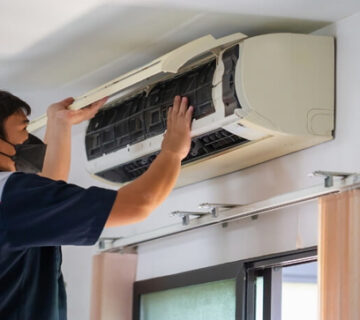The wonderful appliances that make our houses comfortable and cool are air conditioners. However, for them to function properly, they require maintenance much like any other machine. What you can and cannot do to maintain the health of your air conditioner at home. Some tasks, like cleaning the filter and making sure nothing is obstructing the AC, are doable on your own. Certain tasks, such as internal organ replacement or handling specific liquids, are too risky for novices to perform. Learn the dos and don’ts of AC maintenance to extend its lifespan, save costs, and maintain your cool even on the warmest days. Now let’s start our road to becoming proficient in maintaining your Air conditioner tools.
The following is a list of maintenance tasks for your air conditioner that you should and shouldn’t perform on your own:
What you must do yourself
Regular Cleaning: Depending on how frequently you use it, you can clean or change the air filter on a regular basis typically every one to three months. Maintaining a clean filter will extend the life of your system and improve its performance.
Clean the Condenser Unit: Ensure that there are no dirt, leaves, or other obstructions blocking the path of the outside condenser unit. Dust and grime can be removed using a gentle hose.
Vent and register cleaning and inspection: Occasionally inspect and clean your home’s vents and registers to ensure optimal air movement.
Check Thermostat: Verify that the settings on your thermostat are set appropriately and that they are consistently in accordance with your desired level of comfort.
Look for Leaks: One indication of a refrigerant leak is ice accumulation on the condenser coils. You should contact an expert if you suspect a leak.
What Not to Do on Your self:
Handling Refrigerant: Only licensed HVAC technicians should handle refrigerant because it is a dangerous material. Contact an expert if you think there may be a refrigerant leak or low levels.
Electrical Work: Never try to fix or modify your air conditioner electrically. Working on the wiring, capacitors, or any other electrical component falls under this category. Electricity presents a serious risk to public safety.
Large Repairs: Trained specialists should handle any large repairs or replacements of parts like the compressor, motor, or coils. Do-it-yourself projects may result in more harm.
System Installation: Setting up a new air conditioner or swapping out an old one is a difficult task that calls for specific knowledge and tools. Leave this to the experts in HVAC.
Ductwork Repairs: It’s advisable to contact a qualified specialist to inspect and fix any suspected problems, including leaks or blockages, with your ductwork.
Annual Maintenance: Although you are capable of performing certain maintenance duties, it is imperative to arrange for yearly expert maintenance. HVAC specialists are equipped with the knowledge and skills necessary to carry out thorough examinations, maintenance, and repairs to keep your system operating at peak performance.
Do-it-yourself Refrigerant Recharge: Avoid attempting to recharge the system if you have any suspicions about low refrigerant levels. A qualified technician needs to identify the problem and fix it.
Your Air conditioner parts is a trustworthy companion in the field of home comfort, and maintaining it isn’t as difficult as it might appear. By taking the guidance in this guide, you’ve given yourself the know-how to maintain the smooth operation of your air conditioning system.
Recall that you are fully capable of performing minor maintenance jobs and routine cleaning. But, it’s always best to leave things to the experts when it comes to potentially hazardous chores or the more intricate internal workings. By doing this, you can prolong the life of your system, assure safety, and ultimately save money.



